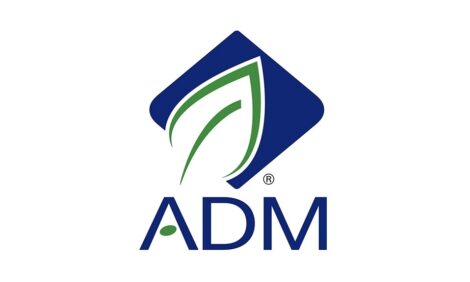



US farm policy must prioritise environmental and economic realities
USDA's Agricultural Innovation Agenda must reflect the challenges farmers face.As family farmers and ranchers cope with significant economic and environmental uncertainty, innovation will play a critical role in helping them continue to safely, sustainably, and reliably grow our food, fuel, and fibre for generations to come. In comments submitted on 31 July, National Farmers Union (NFU) Rob Larew recommended improvements to the US Department of Agriculture’s (USDA) Agricultural Innovation Agenda so that they better reflect the needs of the agricultural community.


More specifically, climate change, which Larew called “the single biggest long-term challenge facing US farmers and ranchers,” must be a top priority for USDA’s innovation efforts. “Changing weather and pest patterns, shifting growing seasons, and increasing extreme weather events … [are] undoubtedly putting family farms, rural communities, and our food supply at risk,” the comments read. While farmers are committed to both mitigating and adapting to climate change, they do not currently have all of the information, tools, or financial resources necessary to overcome these immense obstacles. To support them, USDA must both invest in climate research and new technologies as well as “ensure that the results … are accessible to all farmers and ranchers in these difficult times.”
When conducting and disseminating such research, USDA must prevent politicisation and manipulation, which has become increasingly common under this administration. “Farmers cannot afford for the research and innovation they rely on to be put in question for non-scientific reasons,” Larew said. Additionally, he urged against “excessive emphasis on coordination between public and private agricultural research endeavours,” as it would deprive “independent family farmers of needed innovation” and erode “viable paths toward transformative discovery.” Instead, USDA “should work with an eye toward long-term research needs” and guarantee that “results of publicly funded research remain in the public domain and that funding sources for private research are fully disclosed.”
Furthermore, USDA must not exacerbate the issue of oversupply with its Agricultural Innovation Agenda, which includes the goal of “increasing agricultural production by 40 percent to meet the needs of the global population in 2050.” For decades, agricultural policy has encouraged overproduction of certain goods, leaving farmers with “stocks of corn, soybeans, dairy, and other goods that they cannot sell” and pushing prices well below the cost of production. As an alternative, Larew suggested “economic policies for farmers … that move away from models that encourage farmers to produce a greater and greater volume of commodities.”









